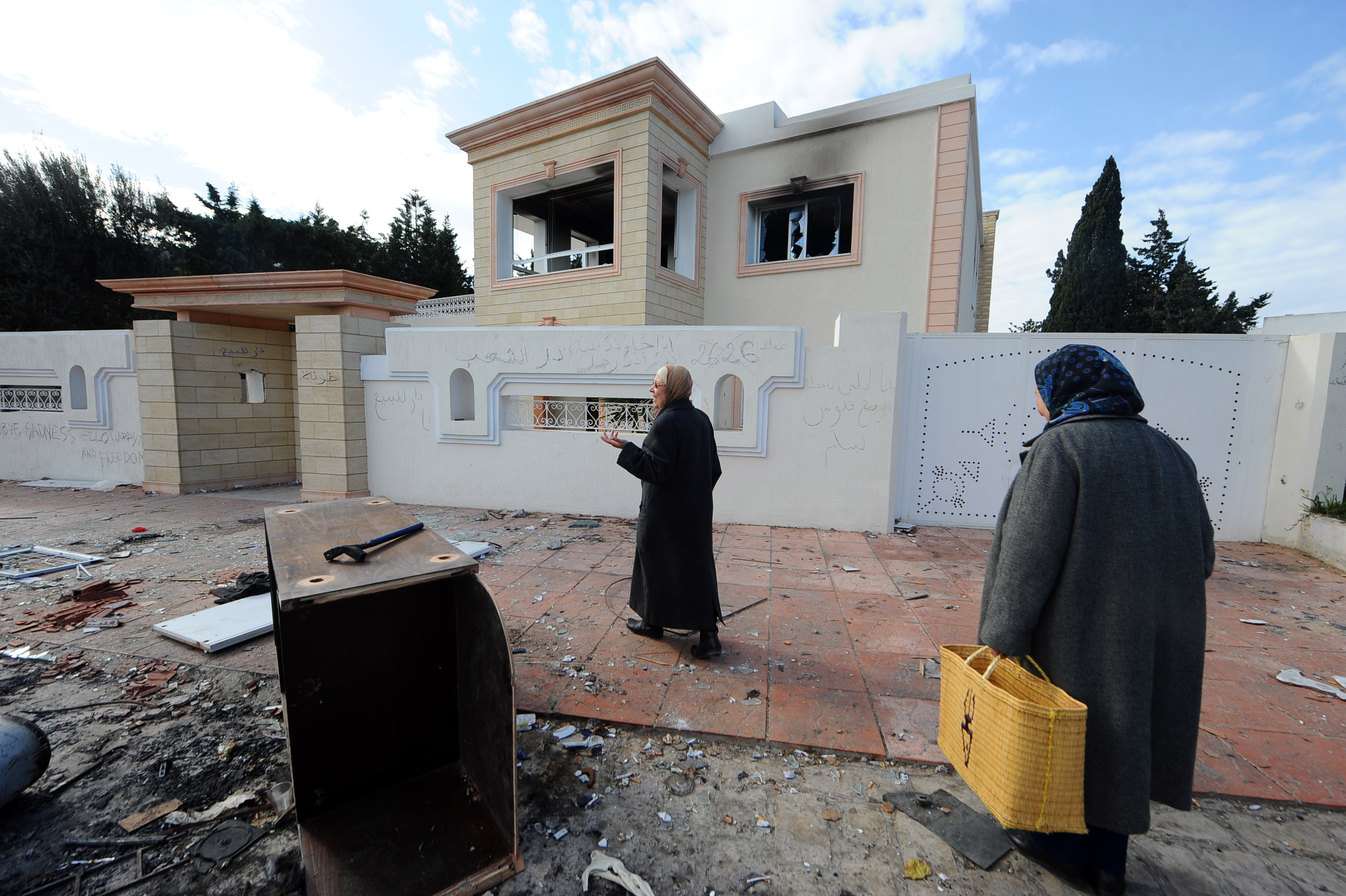SFr39.5 million to be returned to Angola

Switzerland has announced it will return $43 million (SFr39.5 million) in frozen assets to Angola. The money will be used to fund development projects that directly benefit the population of the southern African country.
On Monday, the foreign ministry announced Secretary of State Yves Rossier and his Angolan counterpart Carlos Alberto Fonseca had signed a corresponding agreement.
The backdrop to the restitution are judicial proceedings in Geneva regarding alleged money laundering, which at the end of 2008 led to the confiscation of the assets now to be returned.
According to the terms of the agreement, the assets will be used for development projects designed to benefit the Angolan people. Switzerland and Angola will implement the agreement jointly. The Swiss Agency for Development and Cooperation (SDC) is responsible for its implementation on behalf of Switzerland.
Switzerland already returned SFr21 million in 2005.
In a statement, the foreign ministry said that for over 20 years Switzerland had been committed to preventing its financial centre from being misused as a safe haven for illicitly acquired assets.
“Internationally, [Switzerland] plays a pioneering role in the restitution to the countries of origin of assets stolen by politically exposed persons,” it said.
The World Bank estimates that worldwide about $5 billion has been repatriated to the countries concerned over the past 15 years. With over SFr1.7 billion, Switzerland contributed a third of this, according to the foreign ministry – more than any other financial centre.
“Switzerland ensures that the assets are returned transparently and used to make a concrete contribution to improving the living conditions of the population in the affected countries,” it added.
“Good relations”
Economic relations between the two countries were established during the 1950s, when Swiss companies were involved in improving infrastructure and in the industrialisation of Angola. However, these relations were limited, mainly because of the internal conflicts, which prompted the government to ban the export of arms in 1969.
A Swiss consulate operated in Luanda from 1962 to 1975, when Angola obtained independence from Portugal. Switzerland recognised the Popular Republic of Angola in February 1976. An embassy headed by a chargé d’affaires opened in Luanda in 1977.
Regional conflicts and the civil war forced Switzerland to close its embassy in August 1996. It was replaced by a Cooperation Office of Humanitarian Aid, which had its headquarters first at Huambo then at Luanda.
At the end of 2005, the two countries signed an agreement on the restitution of Angolan funds frozen in Swiss accounts because of criminal enquiries. This agreement paved the way for the re-establishment of good relations between the two countries.
In June 2009, Switzerland re-opened its embassy in Luanda.

In compliance with the JTI standards
More: SWI swissinfo.ch certified by the Journalism Trust Initiative


You can find an overview of ongoing debates with our journalists here. Please join us!
If you want to start a conversation about a topic raised in this article or want to report factual errors, email us at english@swissinfo.ch.